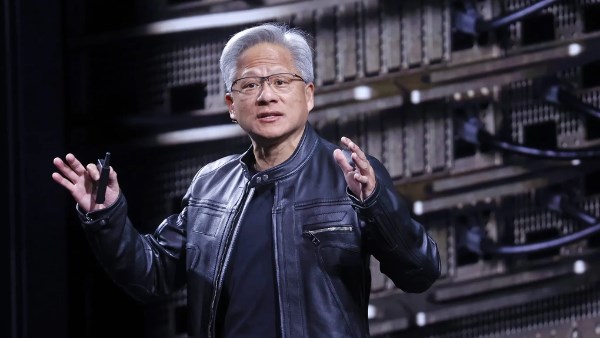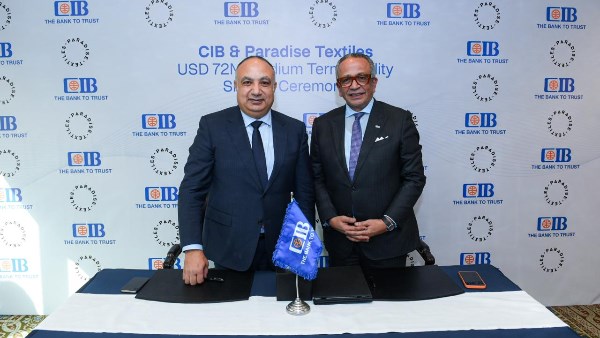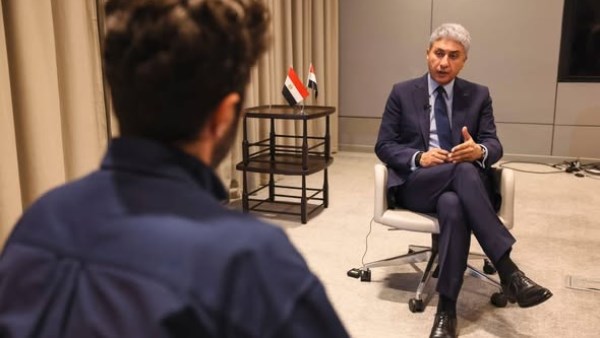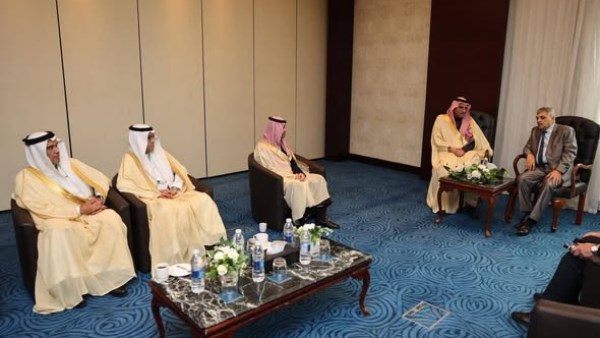
Founder of Evergrande amassed billions in dividends before crisis

Hui accumulated many of his assets through Evergrande companies or offshore shell companies, a common tactic by the global rich to legally shield assets from creditors, tax authorities and public scrutiny. He was one of the Asian tycoons who turned up in the Panama Papers in 2016.
Hui and his wife control 77 per centof Evergrande, most of it via a British Virgin Islands entity, Xin Xin (BVI), according to a filing this month to the Hong Kong stock exchange.
In 2014, he bought a US$30 million mansion in Sydney using a string of cascading shell companies, one of which was named Golden Fast Foods Pty. Australia later forced him to sell the property because the deal violated foreign investment rules.
The Evergrande founder is the latest big-spending tycoon to face heightened scrutiny from Beijing as President Xi Jinping tries to shift the country toward the goal of “common prosperity”.
The focus on billionaire extravagance builds the case for a greater party presence in corporate China, said Alex Payette, chief executive of Montreal-based consultant Cercius Group.
Hui, who was born in China’s central Henan province in 1958 and lost his mother as an infant, rose from poverty through education. He graduated from the Wuhan University of Science and Technology in 1982 as the nation’s economy was starting to open up and founded Evergrande in 1996 after a stint at a steel company.
He built his firm into one of China’s biggest real estate developers through debt issuance, more recently expanding into property management and electric vehicles. Hui also has operations ranging from soccer and volleyball teams to mineral water, online entertainment, wealth management and insurance.
As his influence grew, Hui ensured his business priorities aligned with those of China’s Communist Party. He was a member of the Political Consultative Committee, which helps advise the government on policy, and has touted that his company created millions of jobs and paid billions of yuan in taxes.
Forbes ranked him as China’s top philanthropist, and he was named one of the nation’s 100 outstanding entrepreneurs in 2018.
Desmond Shum, author of Red Roulette, which describes China’s go-go days for wealth-seeking tycoons in the 1990s, said he once went shopping with Hui for a superyacht off France’s southern coast.
Hui envisioned a “floating palace to wine and dine officials off China’s coast, away from the prying eyes of China’s anti-corruption cops and its nascent paparazzi”, Shum wrote.
Hui also bought two rings for US$1 million on a whim, according to Shum, who added that splurging on big-ticket items was his way of getting the attention of those in power.
While times have changed, Hui wrote in a letter to employees last month that he remains hopeful about the future.
“I believe Evergrande can walk out of the darkest hour through the endeavor of our management and employees,” he wrote.
“We will hold on our spirit against all hardships, trying our best to fulfill our social responsibilities.”





-1120252475029447.jpg)














